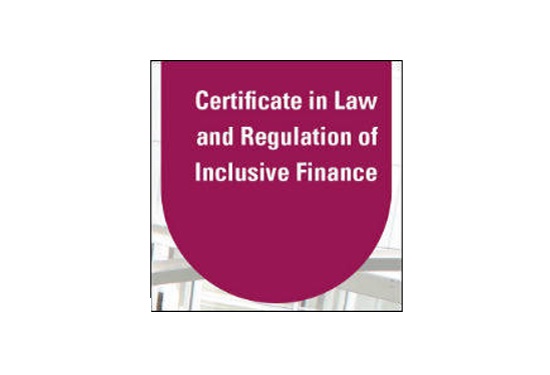
The University of Luxembourg and ADA will be hosting the 2nd edition of the Certificate in Law and Regulation of Inclusive Finance from 15 to 25 January.
The two-week programme will address topics of law and regulation of inclusive finance, enabling an exchange between scholars, regulators and financial intermediaries, facilitating academic and non-academic co-operation.
Following 2017’s successful first edition, this year’s course will bring together 28 participants from nearly as many countries, including Algeria, Benin, Burkina Faso, Burundi, Cameroon, Ecuador, Ethiopia, Equatorial Guinea, France, Guinea, Jordan, Madagascar, Morocco, Mozambique, Myanmar, Nepal, Niger, Nigeria, South Africa, Tanzania, Tunisia and Uganda.
These participants work for central banks, government or microfinance institutions in their home countries.
During their stay in Luxembourg, they will attend courses on regulatory supervision, law and ethics, investment vehicles and banking law.
The programme also coincides with the "Midi de la Microfinance" event hosted by ADA on 24 January (12:00 - 14:00, at the Banque de Luxembourg), addressing client protection, microfinance institute stability and interest rates.
A welcome lunch is being hosted by the organisers on 15 January at the Weicker Building (4 rue Alphonse Weicker, L-2721 Luxembourg-Kirchberg) opposite Auchan, with the welcome address beind delivered by Dirk Zetzsche, Chair Holder ADA Chair, University of Luxembourg, Olivier Massart, ADA executive Director, and an EIB representative.
The certificate forms part of the activities carried out in the framework of the ADA Chair in Financial Law (Inclusive Finance), a cooperation between the University of Luxembourg’s Faculty of Law, Economics and Finance and ADA, a non-governmental organisation dedicated to strengthening microfinance services for populations excluded from traditional banking channels.
The programme is organised in association with the European Investment Bank (EIB), the EIB Institute and benefits from the support of the Luxembourg Directorate for Development Cooperation and Humanitarian Affairs, Arendt & Medernach and CSSF. The programme sees the University of Luxembourg take on a leading role in the study and teaching of law and regulation of inclusive finance.








